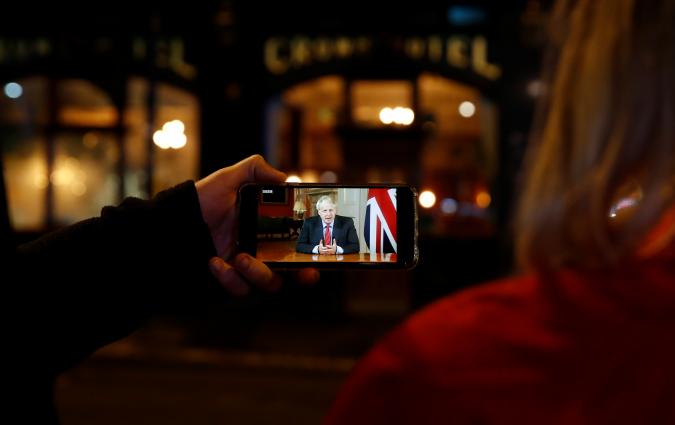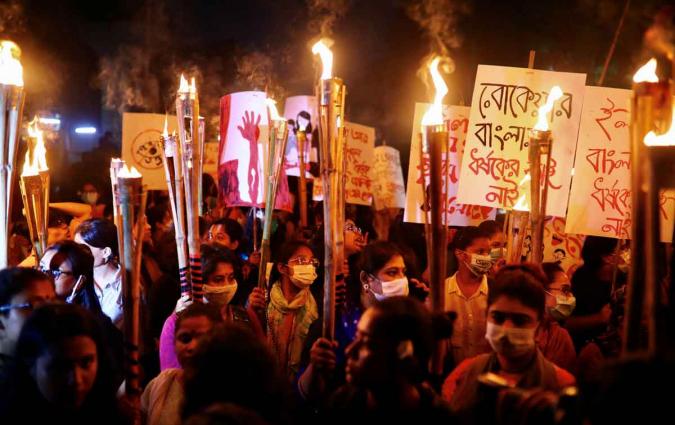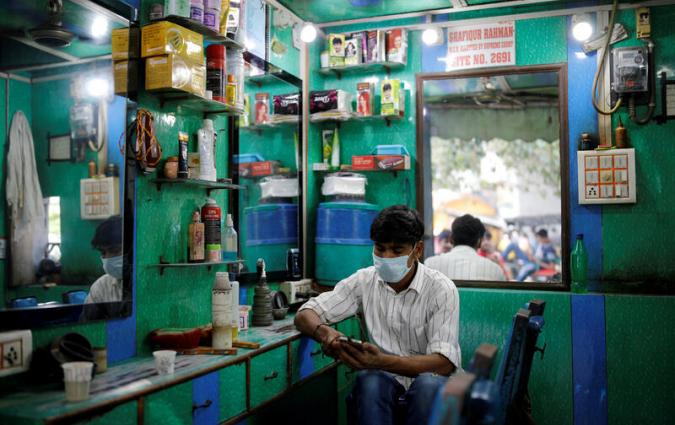Syria’s post-uprising media outlets: Challenges and opportunities in Syria

Reuters Institute Fellow's Paper
Rima Marrouch, a former NPR producer and now a TV producer for Reuters TV in London, has researched the post-uprising media landscape focusing on Syrian radio start-ups.
Rima spent two terms in 2014 at the Institute sponsored by the Asfari and Said Foundations. In her paper titled ‘Syria’s post-uprising media outlets: Challenges and opportunities in Syria’, she provides an overview of emerging media projects in print, radio, and TV.
As Rima writes, "The Syrian uprising changed for ever the news landscape in Syria and the way citizens could obtain, share, and consume information. I look first into Syrian journalism before the uprising and post March 2011. The phase that immediately followed the outbreak of the Syrian uprising, which saw dozens of media outlets mushrooming and different media projects being launched spontaneously, was definitely the most promising phase in Syria’s history of journalism. In no previous period of Syrian history, even in the short lived period of parliamentary democracy (from 1944 until the military coup of 1949) was there such a plethora of emerging outlets and projects, as if Syrians were trying to make up for lost time. I focus on Syrian radio start-ups and their chances of building sustainable outlets in terms of content, audience, and funding. I also look into different aspects of the current media situation in Syria and issues that cannot be ignored: hate speech or Islamic State media outlets. The current state of the media in Syria seems to be one of chaos. It is not clear what will emerge out of it. Some media outlets that mushroomed directly after the uprising, like Souriatna, are still there and developing their content. Others, like Syria Al Shaab, have already closed down. Despite the initial enthusiasm of creating new media outlets, some seemed not to have lived up to the audience’s expectations. It seems that it is a process of gradual evolution."
As with other journalist research papers, the views expressed are those of the author and not of the Reuters Institute.
Image: REUTERS/Hamid Khatib






